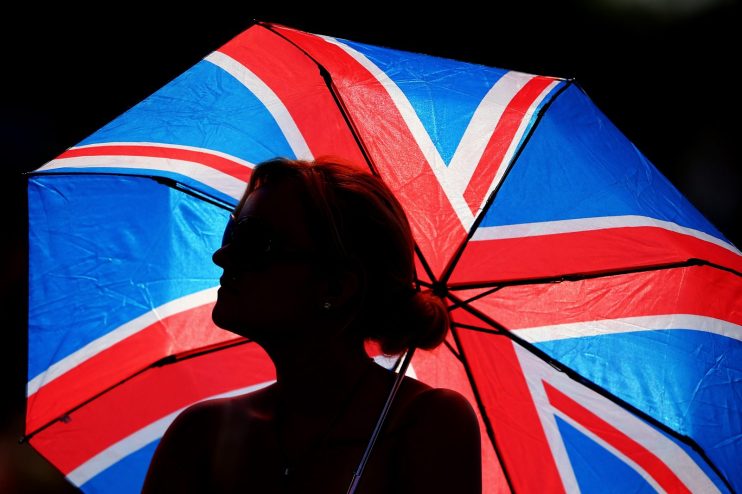Putting the ‘great’ back into Great British brands

UK businesses are failing to realise a return on investment from their biggest asset to help drive sales growth: brands.
Unless urgent action is taken, there will be irreversible damage to the ability of British businesses to compete on a global scale.
The declining brand values of British companies are reflected in 2020’s BrandZ Top 75 Most Valuable UK Brands ranking, which tumbled by 15 per cent this year, losing £26bn in overall brand value since 2017.
In fact, Kantar predicts that by 2023, UK businesses will have disappeared from BrandZ’s Global Top 100 ranking completely. In 2011, there were eight in the Global Top 100; today, there are just three remaining — Vodafone, HSBC, and Shell.
The fall-out from the pandemic means the situation is worsening and businesses face a difficult period of economic recovery. The vaccine developments, while hugely positive, are not a silver bullet. According to Kantar research, only 20 per cent of British business leaders expect their company to recover within six months of a successful Covid-19 vaccine deployment, while 40 per cent expect recovery to take over two years.
Against this backdrop, and with the cloud of Brexit still casting a shadow over consumer and business confidence, investment in brand equity remains a powerful form of defence for businesses to remain relevant to changing consumer attitudes and shopping behaviours.
Despite massive headwinds, a small number of British businesses have performed well over the last year. But they are the exception — so what can we learn from their success?
For a start, the pandemic has accelerated the importance for businesses to invest in digital solutions as national lockdowns impact footfall on our high streets. E-commerce provides access to new global markets and fuels the growth engine for many successful British companies such as Revolut, Innocent and Monzo.
Here, difference is the key. Think of Dyson as an example. Its growth has been turbocharged by differentiation, innovation and product excellence, which is why its brand value has grown by 51 per cent since 2017, making it by far the fastest-growing business in the BrandZ UK ranking’s history.
Already gathering pace before the pandemic, Ocado is this year’s fastest-growing brand in the top 75, increasing its brand value by 63 per cent to £2.7bn. And it’s not alone in its sector — home delivery services threw the UK’s restaurant and takeaway industry a lifeline during the first lockdown period, as Just Eat and Deliveroo met the increased demand for home-delivered food.
Meanwhile, the video game Grand Theft Auto crashed into the ranking as the highest newcomer — the first time a console game has appeared in any BrandZ ranking worldwide.
What all of the above show is that businesses which are bold enough to invest in making consumers’ lives better in creative and innovative ways, even during times of great difficulty, have the potential to strengthen their brand value and earn consumer trust and loyalty.
It’s time for British businesses to consider a fundamental rethink of their strategies. The vast majority — 93 per cent — of business leaders in the UK believe that changes in consumer behaviour established during the pandemic will remain post-crisis. This year’s trading conditions are expected to continue well into 2021 and beyond.
With that in mind, businesses are advised to understand and explore spaces for innovation, address newfound consumer habits and consumption patterns, reinvent routes to market and reimagine the customer experience in a digital environment.
Above all, British businesses need to rediscover their mojo and remain strong. A strong brand not only delivers superior shareholder returns, but also remains more resilient and recovers more quickly during times of crisis.
To not only ensure survival but provide a basis for accelerated growth in the future, businesses must first innovate meaningfully by adding value to consumers’ lives in creative ways and encourage positive and sustainable behaviours. Second, they need to communicate creatively, forging strong and positive emotional associations with the brand to ensure growth. Third, they must build trust and loyalty through purposeful behaviour. And finally, brands need to digitise daringly, providing consumers with a great online user experience.
It’s time to put the “great” back into Great British brands.
Main image credit: Getty